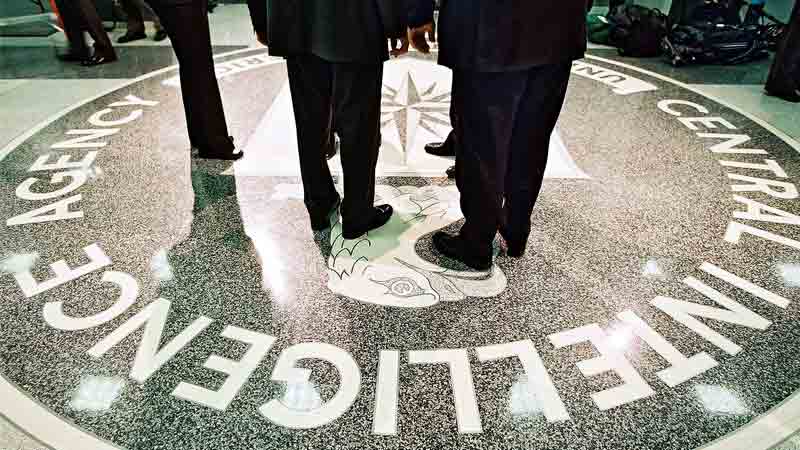
It is unclear “what kind of Gaza will be left” after West Jerusalem ends its operation there, the Jordanian foreign minister says
Arab nations have no plans to put boots on the ground in Gaza as part of post-conflict peacebuilding after the fighting between Israel and Hamas ends, Jordanian Foreign Minister Ayman Safadi said in Bahrain on Saturday. The Arab world would not “clean the mess” supposedly created by Israel, he added.
The post-conflict fate of the Palestinian enclave has emerged as a pressing topic amid the continued fighting between Israel and the Gaza-based Hamas militant group. In early November, roughly a month into the escalation, Israeli Prime Minister Benjamin Netanyahu said that his country would manage “overall security” in Gaza for an “indefinite” period of time after hostilities end.
At the same time, even Israel’s closest allies opposed the idea of what they called “occupation” and a “blockade” of the enclave. Last week, US State Secretary Antony Blinken said that there should be “no reoccupation of Gaza” and “no attempts to blockade or besiege” it. The enclave should not be “a platform for terrorism or other violent attacks” either, he added.
On Wednesday, Bloomberg reported that the US and the EU were pushing for UN peacekeeping forces in the enclave after the end of the Israeli operation. On Monday, the EU’s top diplomat, Josep Borrell, said that a post-conflict peacebuilding framework should be developed “in collaboration with the United States and Arab states.”
Minister Safadi insisted on Saturday that a two-state solution for the Israelis and Palestinians would be the only way forward. “Let me be very clear. I know speaking on behalf of Jordan but having discussed this issue with many, with almost all our brethren, there’ll be no Arab troops going to Gaza. None. We’re not going to be seen as the enemy,” the foreign minister said.
He also accused the current Israeli government, led by Netanyahu, of aiming to dislodge Palestinians from Gaza. The foreign minister also called such plans a “direct threat” to Jordan’s national security.
The Arab nation’s top diplomat then said that any real plans for post-conflict peacebuilding could only be drawn after the end of the Israeli operation. “How could anybody talk about the future of Gaza when we do not know what kind of Gaza will be left once this aggression ends?” Safadi asked.
West Jerusalem’s military operation in Gaza has been ongoing since October 7, when Hamas launched its own surprise attack against Israel, killing some 1,200 people, mostly civilians. More than 200 people, including both military and civilians, as well as foreign nationals, were taken hostage in the Hamas attack.
Israel responded by massive bombardments of the enclave, followed by a ground operation, which have claimed more than 11,000 Palestinian lives, according to Gaza officials.
Divide and Conquer: Owen Benjamin Breaks Down the Race War Distracting from the NWO Destruction of Society



